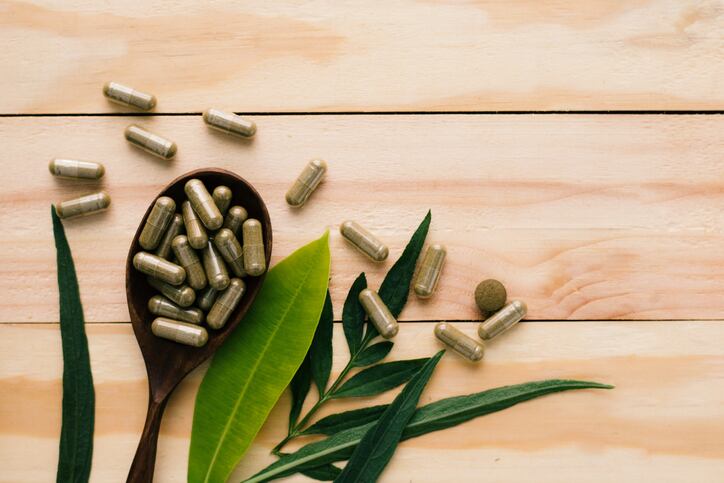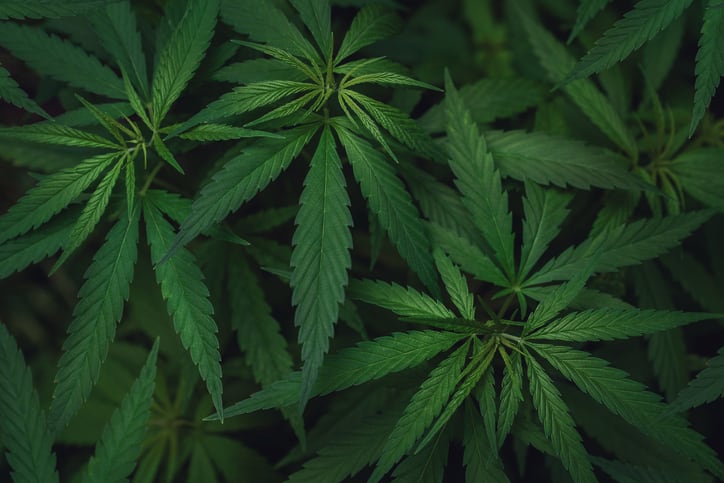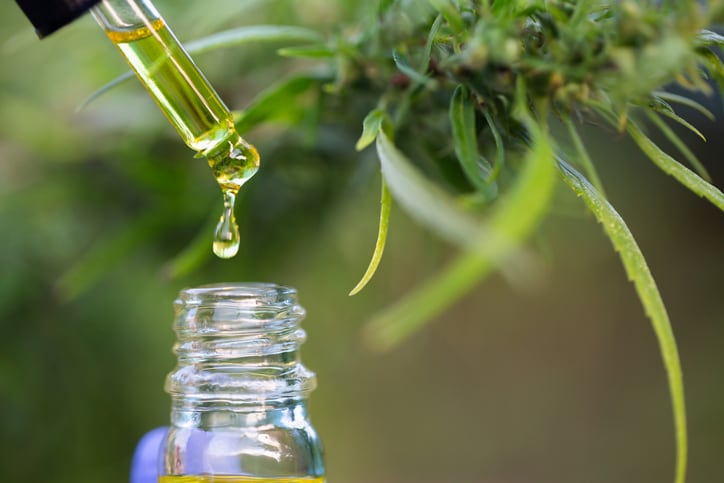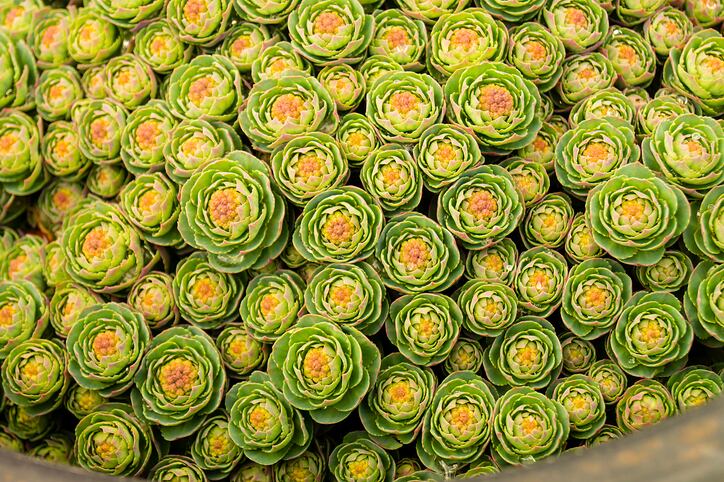In its annual Herbal Supplements Market report, published this week in HerbalGram, the organization’s monthly periodical, ABC noted that $9.6 billion of herbal supplements were sold in 2019 in the United States. The market for herbal supplements has almost doubled over the past decade. In 2010, sales were recorded at $5 billion.
Sales momentum continues to build
The growth of sales has been accelerating as well. The 8.6% yearly sales gain was off slightly from the 9.4% gain recorded in 2018. But the average sales gain over the past decade is 7%, while the average sales gain for the past five years is 8.3%.
Mark Blumenthal, founder and executive director of ABC, said the report bears out recent experience. ABC has recorded market growth in every year since the 2004 report, which recorded 3.4% growth after two years of small declines.
“We have been seeing growth in the 7%, 8%, 9% range for a while now. While there might be faddism in certain parts of the market, overall this shows a consistent growth in consumer interest,” Blumenthal told NutraIngredients-USA.
“Herbal products overall are becoming an important part of consumers’ health regimens. And the conjecture is that they continue to buy the products because they are deriving some benefit from them,” he added.
ABC’s market report is assembled from data supplied by market research firm SPINS as well as from Nutrition Business Journal. The data shows that online sales grew the fastest, accounting for $5 billion in total sales and 11.4% growth. The figures for the mass market channel were $1.7 billion and 9.4% growth, while in the natural and health food channel sales totaled $2.9 billion accounting for 3.6% growth.
CBD breaks through in mass channel, holds top spot in health food stores
As far as individual herbs are concerned, supplements featuring horehound (Marrubium vulgare, Lamiaceae) were for the seventh year running the top sellers in the mainstream channel. This botanical is typically used in multi ingredient formulations and is the foundation of the Ricola line of throat and cough lozenges. The report notes that $152 million was spent by consumers on horehound products in 2019.
CBD made its first appearance on the list in the mainstream channel. ABC said that CBD sales in the mainstream channel totaled $35.9 million in 2019, good for ninth place on the list. Sales increased by a whopping 872%. The ingredient was not among the top 40 sellers in this channel in 2018. Part of the reason, the report said, is that in 2019 SPINS started counting ‘full spectrum hemp extracts’ along with CBD products. Previously sales of these product were lumped in with ‘hemp’ products.
Other top sellers in the mainstream channel were echinacea, at $120.2 million and 4.9% growth, black elderberry (Sambucus nigra and barley grass) at $107.5 million and 110% growth, turmeric at $92.4 million and 2% growth and cranberry at $88.9 million and 6.3% growth.
In the natural and health food store channel, CBD products were the big winners. Products made with derivatives of Cannabis sativa recorded $90.7 million in sales in the channel, accounting for a stellar 71.3% growth. Second on the list was turmeric, which while recording more than $48 million in sales did suffer a 6.8% decline. Elderberry jumped to third on the list, bringing in $32 million in sales and notching 20.5% growth. Wheat/barley grass products came in in fourth place, with $18 million in sales but experiencing a 9.8% decline. Fifth place was held by ashwagandha, which recorded $13.7 million in sales and 7.2% growth.
Turmeric sales hit soft patch
The softness of the turmeric results was a bit surprising, Blumenthal said. Sales did grow in the mass channel, but only slightly, and they declined significantly in the natural channel. Blumenthal cautioned that the SPINS data does not include Whole Foods results and thus might not give a perfect picture, but that caveat has been true for a number of years.
In past ABC reports turmeric had been one of the fastest-growing herbs. The report found that turmeric product sales in the mass market channel shot up 46.7% in 2017 and increased 30.5% in 2018.
But the ingredient’s sales momentum was already slowing in the natural channel. In 2017 natural channel turmeric sales grew 12.2% but in 2018 that growth had slowed to a crawl, coming in at a meager 0.4%.
Blumenthal said turmeric had become so popular that the ingredient was showing up in all sorts of different products, from milk to functional prepared foods. That ubiquity may have served to dilute consumer enthusiasm, he speculated.
“There may have been some cases in which marketers have overhyped the ingredient. But turmeric might be in a position to deliver on some of that hype, because there is a considerable body of research,” Blumenthal said.
Underlying research for turmeric still strong
While the precise reasons for this loss of momentum aren’t fully known, one thing that is true, Blumenthal said, is that there have been no large scale studies on turmeric with equivocal results. A similar development in the omega-3s sphere has been cited as one of the reasons for that market’s soft patch that started in about 2012. Several large scale null studies had been widely publicized with headlines that read: ‘Fish oil doesn’t work.’ And consumers acted on that information. No similar black marks have appeared on turmeric’s ledger.
“The most I’ve seen are studies questioning turmeric’s bioavailability. And better bioavailability seems to be one of the major claims manufacturers of turmeric supplements are making today. That might be part of it; consumers become confused about which product to buy and end up not buying any,” he said.




